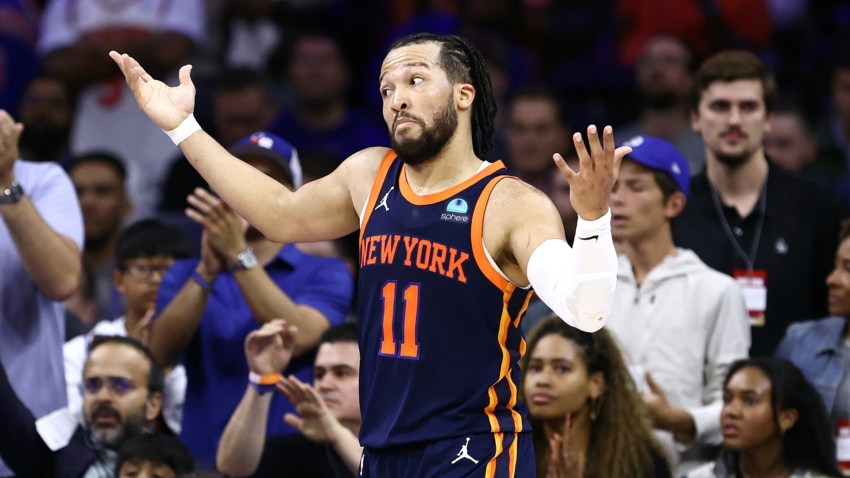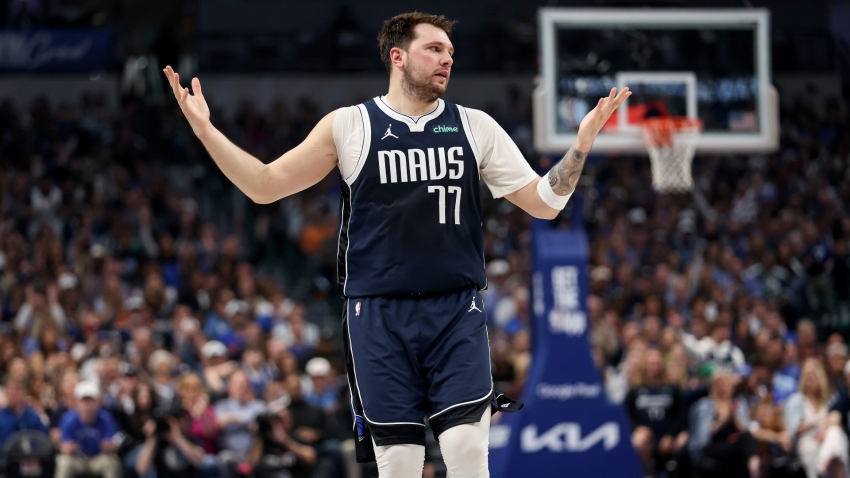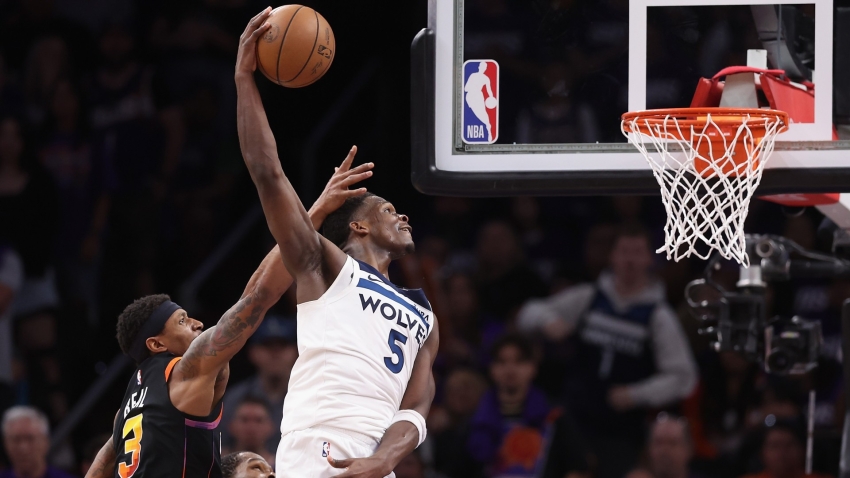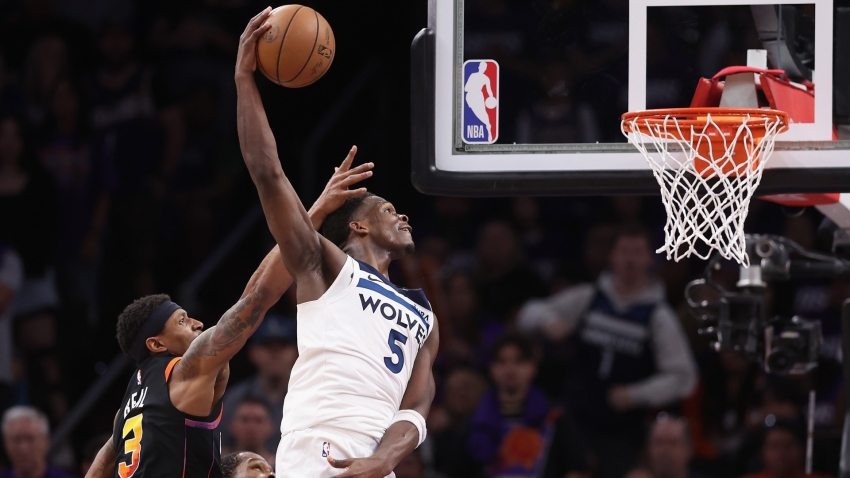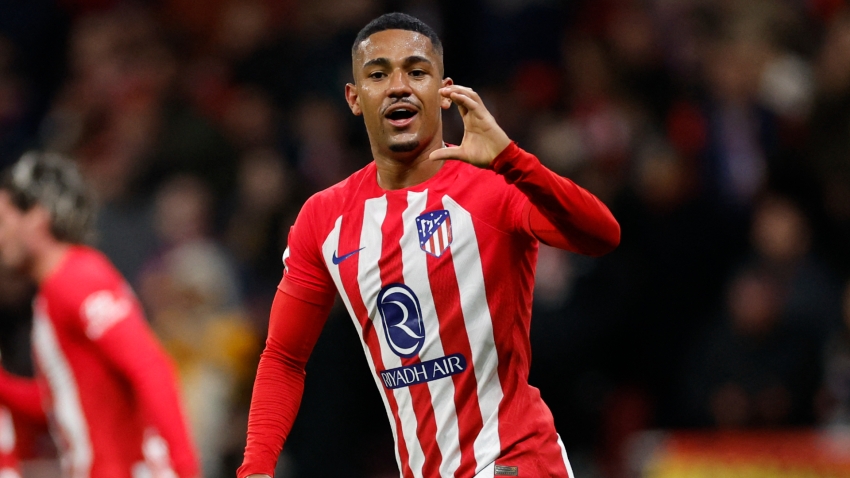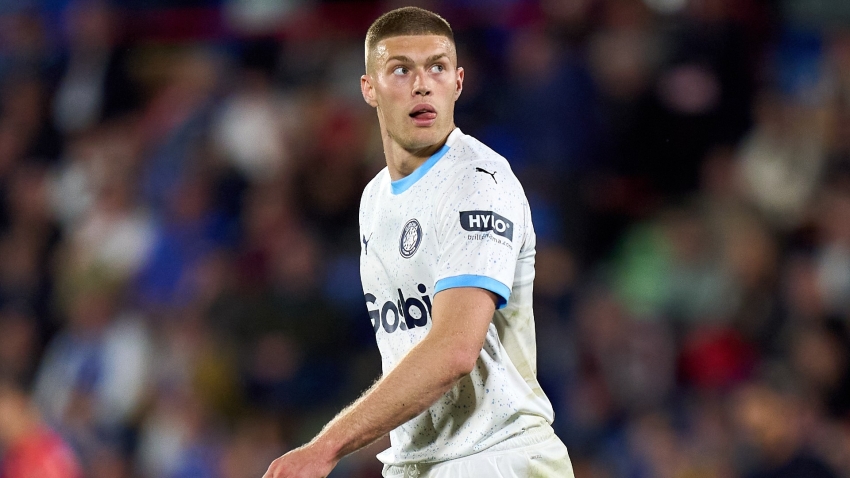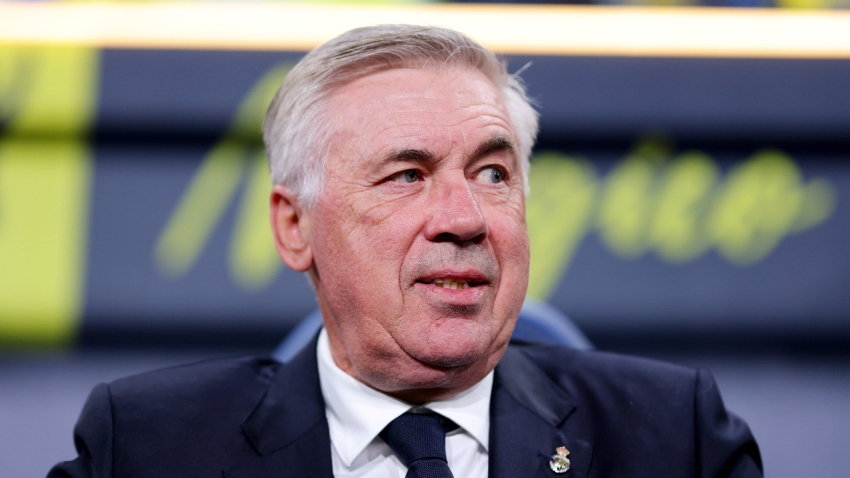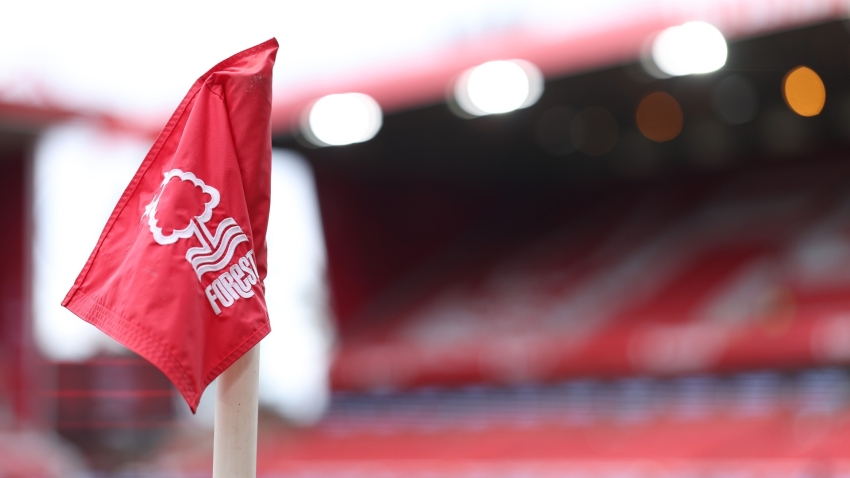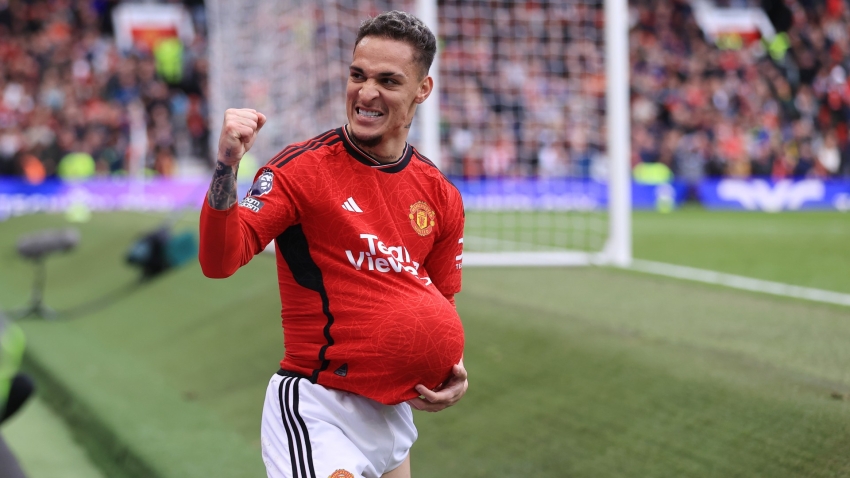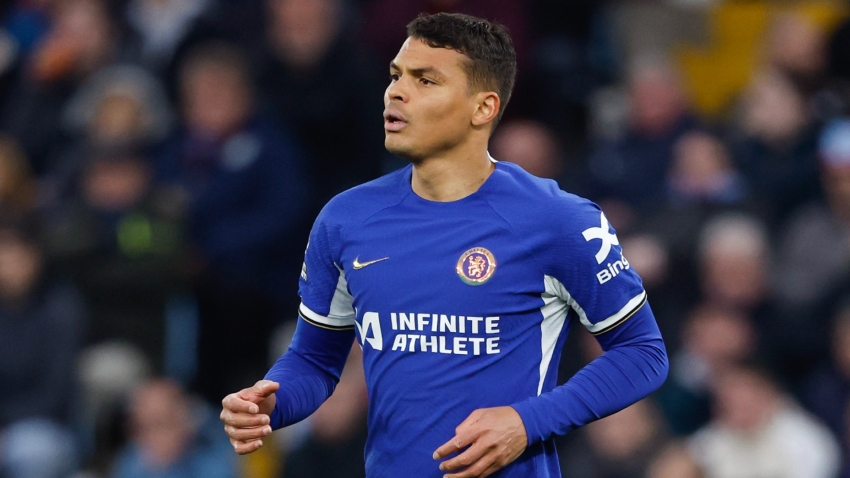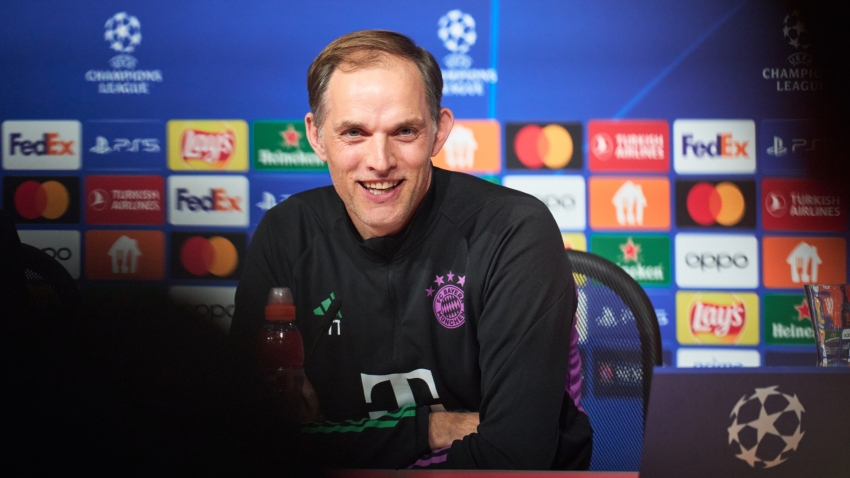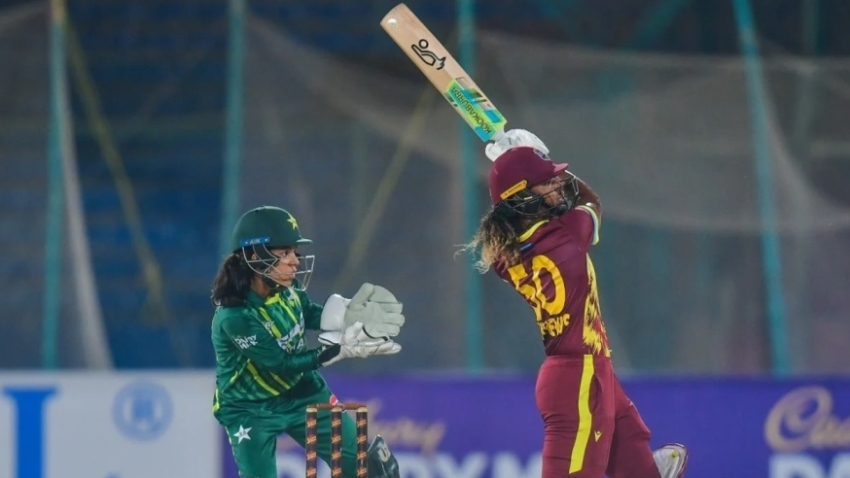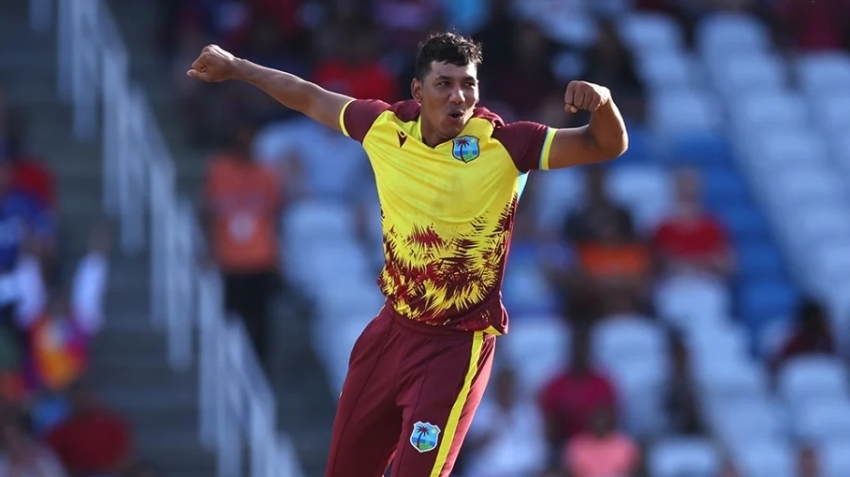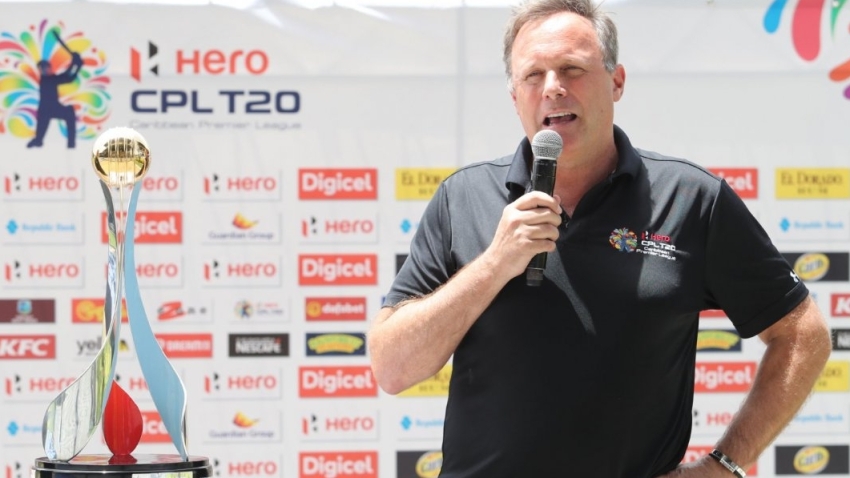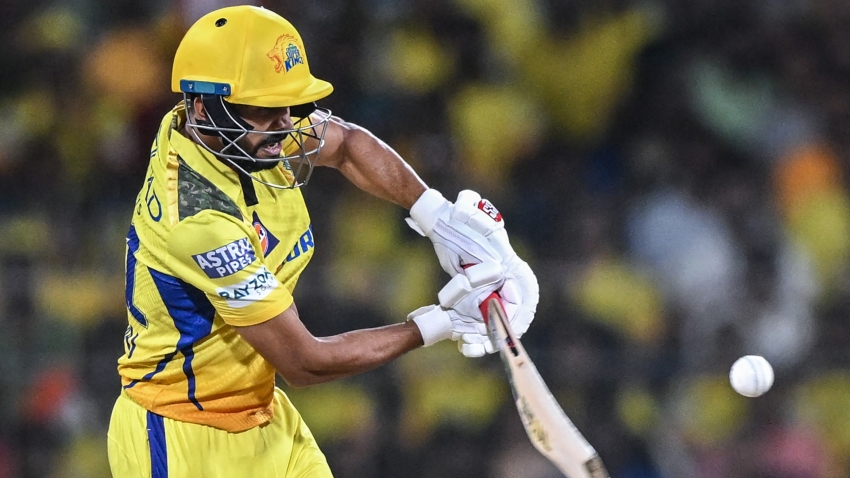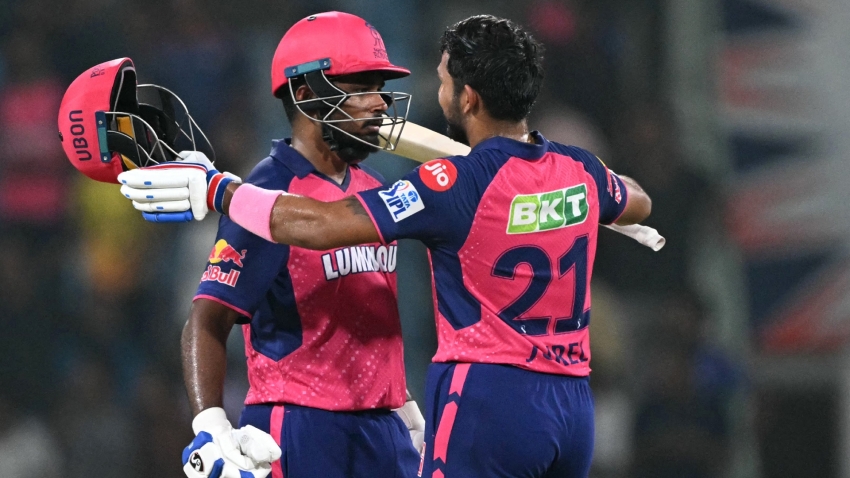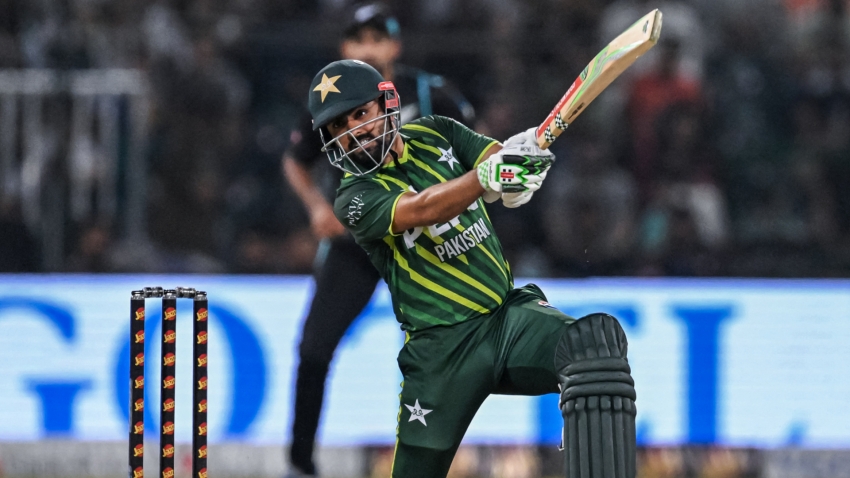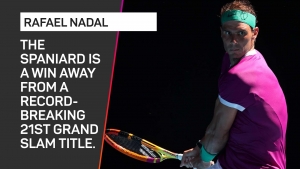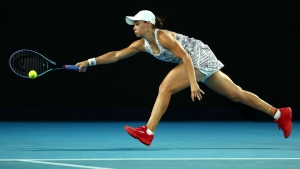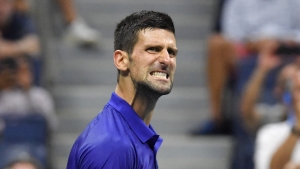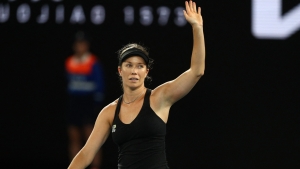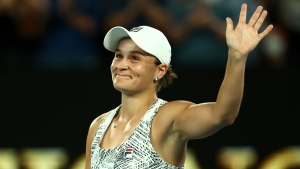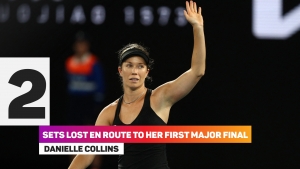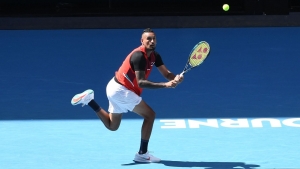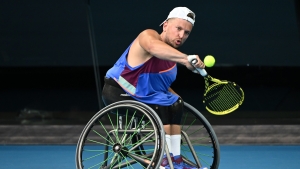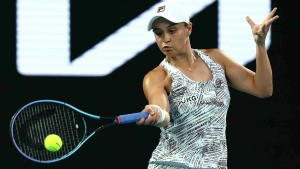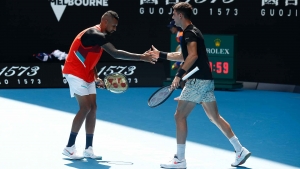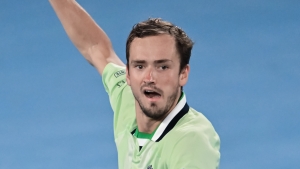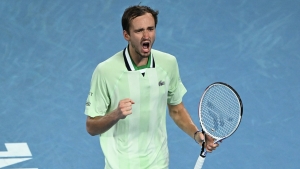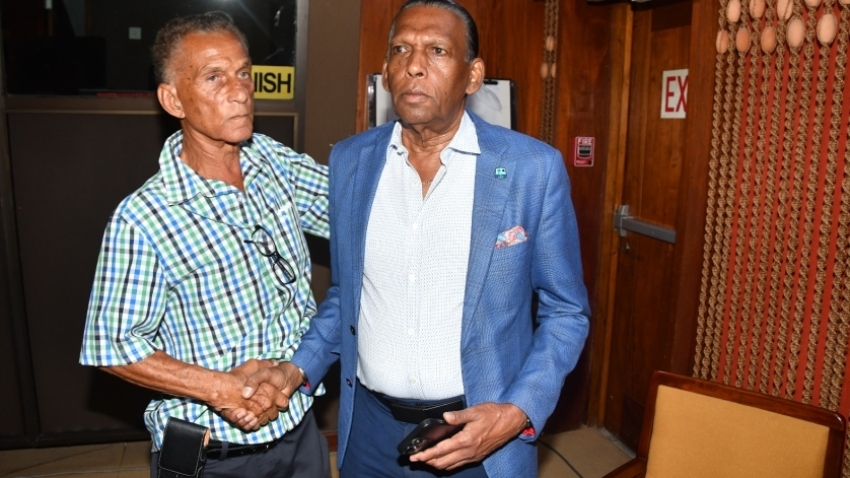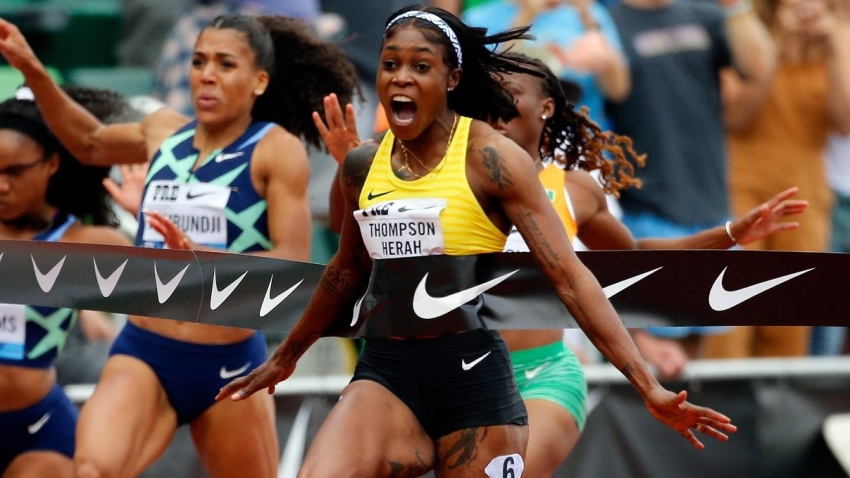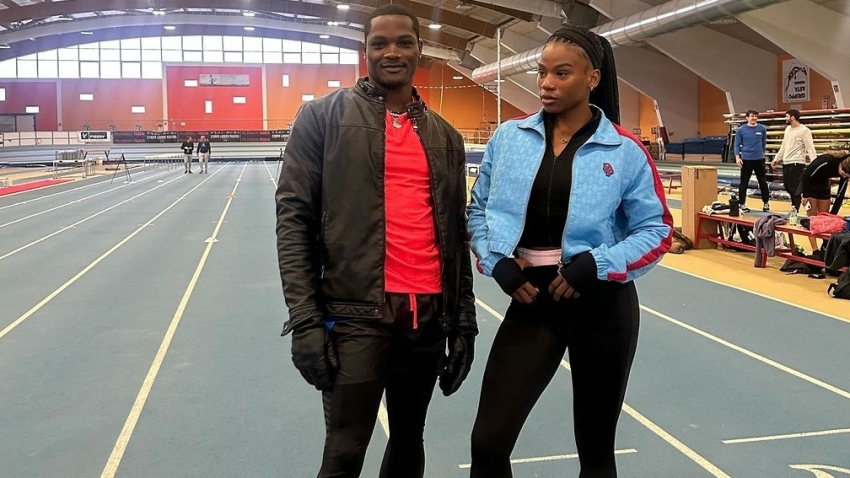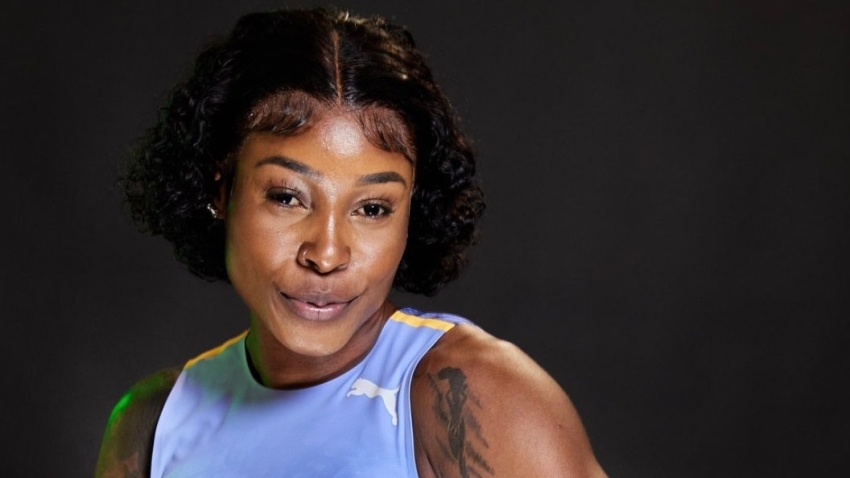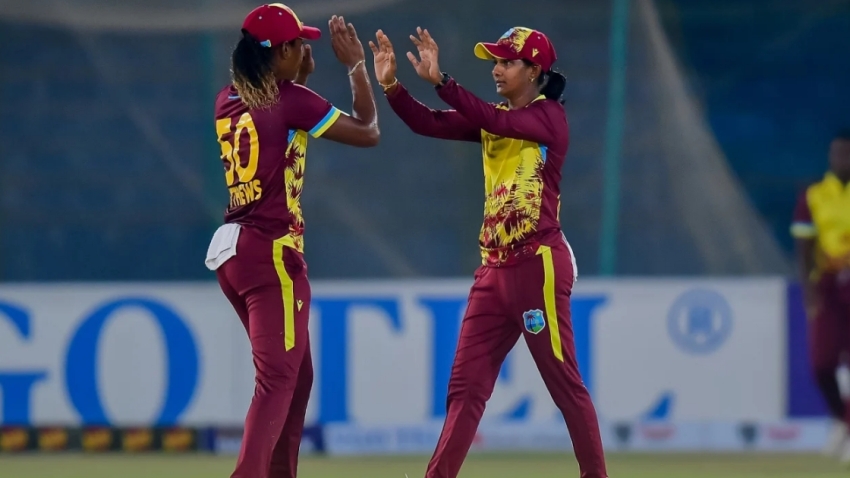Australia expects as Ash Barty faces Danielle Collins in Saturday's grand slam final at Melbourne Park.
The world number one, from Ipswich, Queensland, will be bidding for her third grand slam singles title but a first at the Australian Open.
The wait for a home champion has been a long one, but it could soon be over.
Chris O'Neil was the last Australian winner of the women's singles, way back in 1978, while the last men's singles champion was Mark Edmondson in 1976.
Australia has hardly been starved of tennis talent over the past 40 years, but for one reason or another, the home slam has been beyond their reach.
Here, Stats Perform remembers the household names who have seen their hopes dashed in Melbourne.
Jelena Dokic
Dokic never came close in Melbourne, truth be told. Which is not to say she lacked the ability, having reached the Wimbledon semi-finals in 2000 and climbed as high as number four in the WTA rankings two years later. Dokic's career was blighted by a traumatic relationship with her overbearing and violent coach and father, Damir, whom she alleged physically abused her on many occasions. Her best performance at Melbourne Park came against all expectations, at the outset of a tour comeback in 2009 when she reached the quarter-finals, losing out there to Dinara Safina. Dokic, who is now 38 and retired from the tour, has been conducting on-court interviews during this year's Australian Open.
Lleyton Hewitt
'Rusty' won Wimbledon and US Open titles at the peak of his powers, and reached number one in the world at the age of 20. Before Roger Federer came along with different ideas, it seemed Hewitt might rule the roost in the men's game for years to come. He reached one Australian Open final, and in 2005 that was a glorious chance to secure a home major as he faced Russian Marat Safin in the final. Hewitt won the first set, but then Safin took command, winning in four. Incredibly, it would be the last grand slam men's singles final not to feature Federer, Rafael Nadal or Novak Djokovic until the 2014 US Open (Nishikori v Cilic).
Pat Cash
Cash's career peak came at Wimbledon in 1987, when he beat Ivan Lendl to capture the title before famously climbing up to the players' box. At the start of that year he almost won the Australian Open, too, when that tournament was staged on grass at Kooyong, in Melbourne's suburbs. He lost a five-set thriller to Stefan Edberg, another grass-court master, and when the tournament moved to Melbourne Park a year later, shifting to hardcourts, Cash was a finalist once more. Again, he suffered heartbreak in a deciding set, Mats Wilander denying Cash home glory, and he would never play a grand slam final again.
Samantha Stosur
Stosur, who called time on her singles career after a second-round defeat in Melbourne this year, was Australia's most recent women's singles grand slam champion until Barty came along. She triumphed at the 2011 US Open, sensationally beating Serena Williams in the Flushing Meadows final, and got to as high as number four in the world. She also reached the 2010 French Open final, but Stosur was never a factor in the business end of her home major, at least in singles. The fourth round was the furthest she ever went, but it was a different story in doubles, as she won an Australian Open mixed title in 2005, alongside fellow Australian Scott Draper. In the twilight of her career, in 2019, she teamed up with Zhang Shuai to win the women's doubles, a poignant success after so much singles frustration.
Mark Philippoussis
Philippoussis, aka 'Scud', was a US Open runner-up in 1998 and also reached the 2003 Wimbledon final, where he was the sacrificial lamb as Federer scooped the first grand slam title of his career. In Australia, though, just like Stosur, his slam peak was round four, a disappointment considering his talent and weaponry. In 1996, Philippoussis stunned the then world number one Pete Sampras in the third round in Melbourne, only to lose to lowly ranked compatriot and doubles expert Mark Woodforde in his next match. Arguably the most famous story concerning Philippoussis and the Australian Open is the widely reported rumour he was spotted kissing Anna Kournikova in an underground car park at the 2000 tournament. Both denied it. "Just good friends," was Kournikova's verdict.
Pat Rafter
Rafter won back-to-back US Opens in 1997 and 1998, as well as reaching consecutive Wimbledon finals in 2000 and 2001. A semi-final run in Melbourne in 2001, which proved to be the serve-volley master's last year on tour, was Rafter's best performance at his home slam, eventual champion Andre Agassi coming from two sets to one down to deny him a place in the title match.
Nick Kyrgios
All the talent in the world, but Kyrgios appears to be happy enough ploughing a unique furrow though his tennis career. Top five in the shot-making stakes, Kyrgios turns 27 in April and his ability has taken him to just two slam quarter-finals to date, including at the 2015 Australian Open. He was a junior champion at Melbourne Park in 2013, and has also reached the fourth round twice in the seniors. It is up to Kyrgios whether he wishes to make optimum use of his remarkable racket skills or carry on entertaining with virtuoso, but short-lived, singles runs. You wonder whether a Barty triumph could ignite this firecracker of a player.


